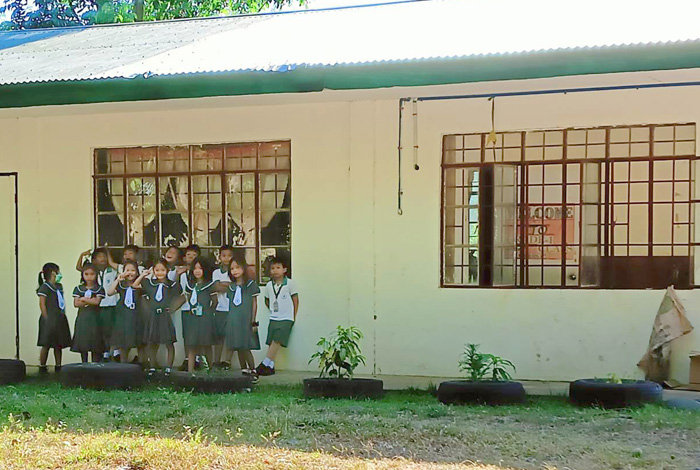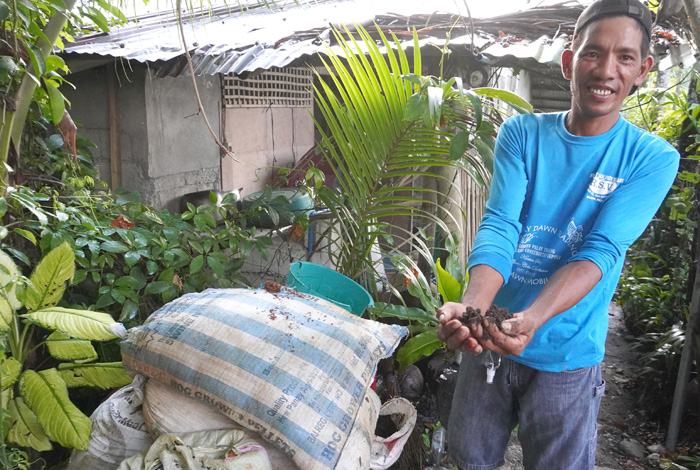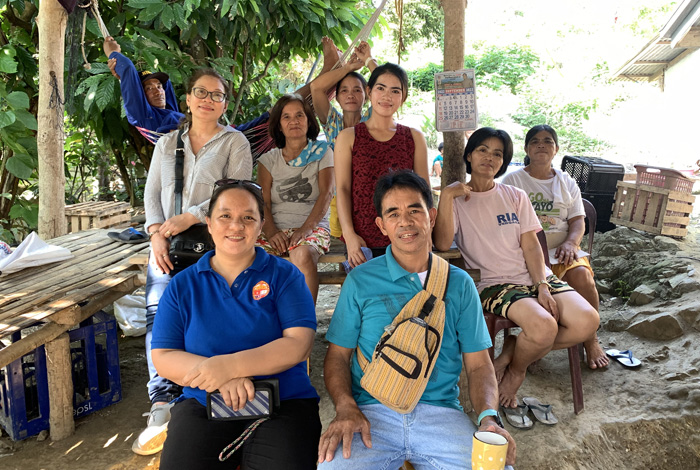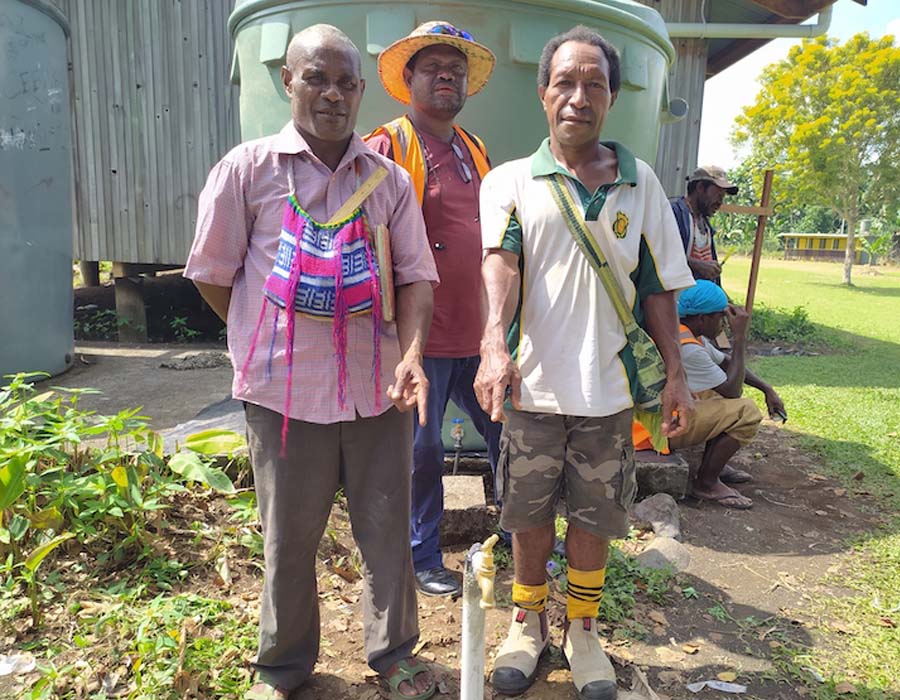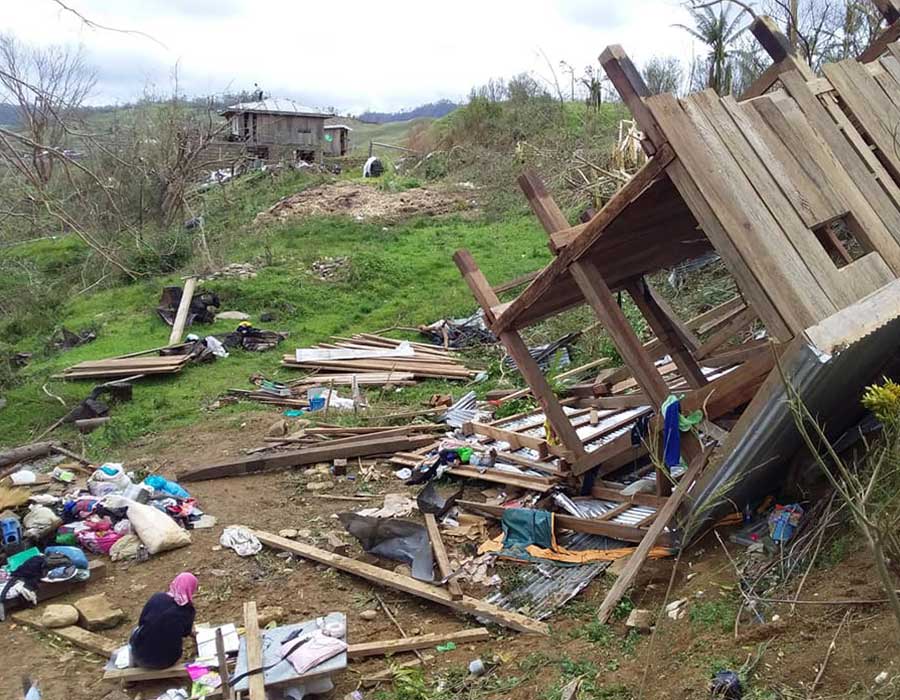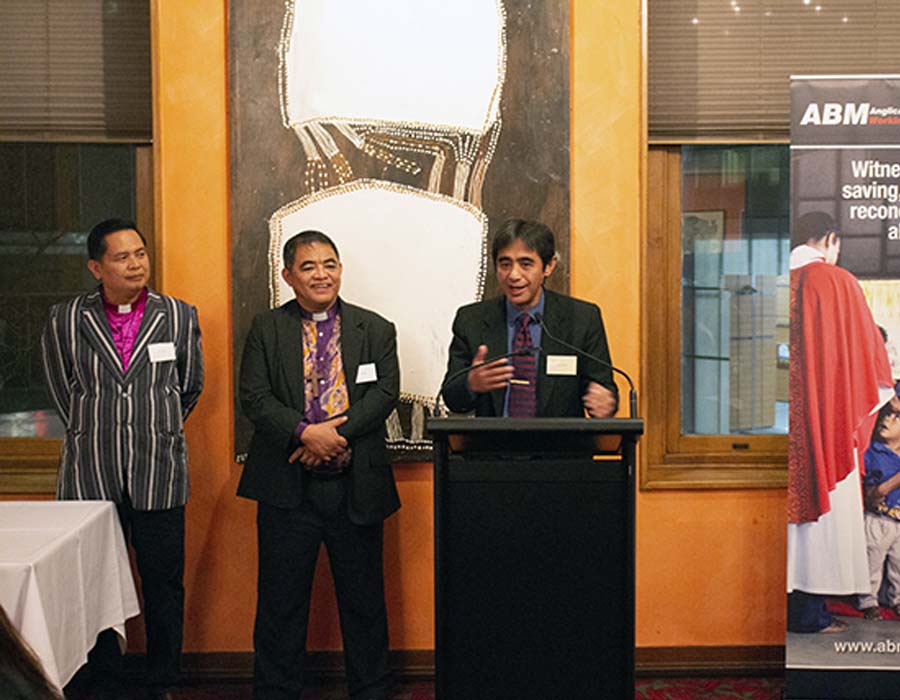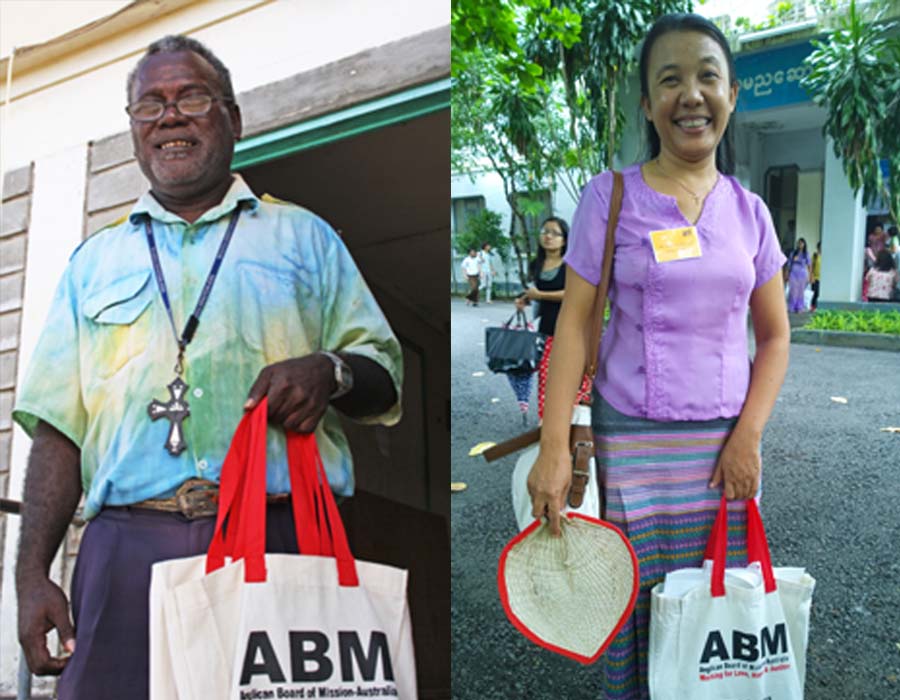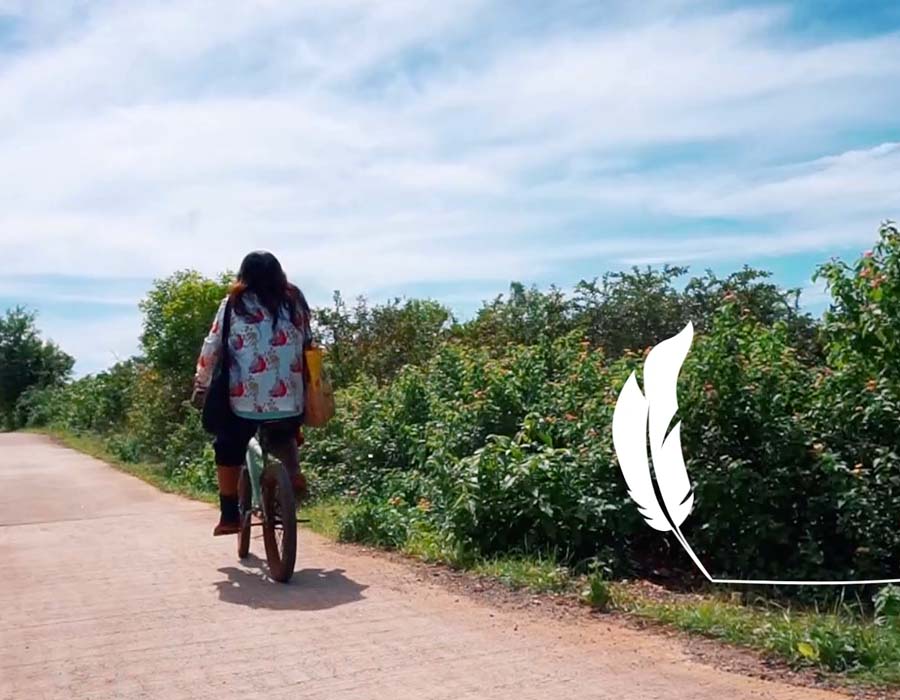The Republic of the Philippines is a tropical archipelago of more than 7,100 islands, the largest being Luzon and Mindanao.
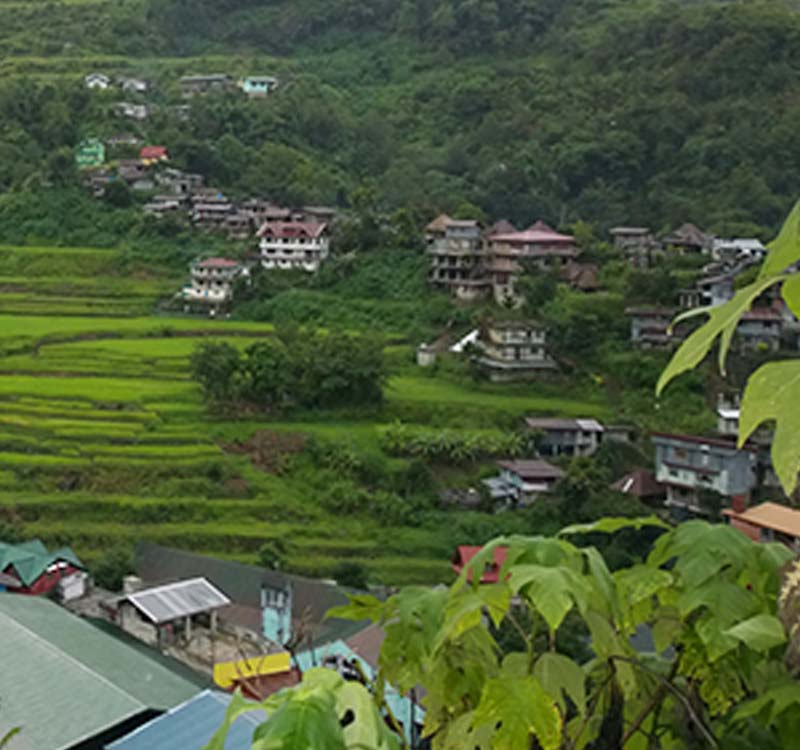
These two islands host around 70% the country’s population, which in 2020 was estimated to be 123.7 million.
Agriculture is the primary and often only source of income for many Filipinos, and most families depend on subsistence farming and fishing for their livelihoods. Illiteracy, unemployment and the incidence of poverty are higher among indigenous peoples, women, landless workers, and small-scale farmers who cultivate land received through agrarian reform.
The causes of poverty in rural areas are attributed to a decline in the productivity and profitability of small-scale farming, as well as unsustainable practices that have led to deforestation and depleted fishing waters. The plight of poor people in rural areas has been exacerbated by having little access to productive assets and business opportunities, formal employment, and microfinance services and affordable credit.
ABM partners with the E-CARE Foundation, part of the Episcopal Church in the Philippines. The mission of E-CARE is to support self-reliant and sharing communities through asset-based community development (ABCD) and the ‘Receivers to Givers’ policy.
ABM also partners with Visayas-Mindanao Regional Office for Development (IFI-VIMROD), part of the Philippine Independent Church (Iglesia Filipina Independiente – IFI) IFI the second largest Christian denomination in the Philippines after the Roman Catholic Church, with an estimated membership of 10 million.
Your support of AID helps release many in the Philippines from crippling cycles of poverty, and ensures sustainable livelihoods for families well into the future.
The Philippines Projects
Enhancing Primary Education (E-CARE)
Support the growth of St Mark’s Children’s Learning Centre as it provides an educational future for hundreds of local children.
Working Together to Improve Livelihoods (IFI-VIMROD)
Support farmers and their families to come out of poverty and protect the environment at the same time by introducing sustainable agriculture.
Livelihoods Recovery after the Pandemic (E-CARE)
Support people throughout the Philippines as they recover from the pandemic and natural disasters and work towards a more sustainable future.
Emergency Updates
Global: COVID-19 Update
Engaging in COVID-19 awareness and COVID-19 economic relief is not always easy anywhere in the world. Anglicare PNG staff recalled...
The Philippines: Bouncing back after Cyclone Mangkhut and Mindanao earthquake
Filipinos live in a land that is struck frequently by earthquakes and cyclones, so they learn to deal with hardship...
Latest News
Celebrating 25 years of partnership
This year ABM celebrates 25 years of cooperation with the Episcopal Church in the Philippines (ECP) on an extraordinary range of...
The Story of ABM Bags
The members of the Kasalika Association are residents of one of the slum areas in metropolitan Manila in the Philippines....
Project Updates
Persons with Disability in Development
Encouraged by an AID-funded seminar on the rights of Persons with Disabilities, Judith brought together other people with a disability to claim their rights… and much more.
